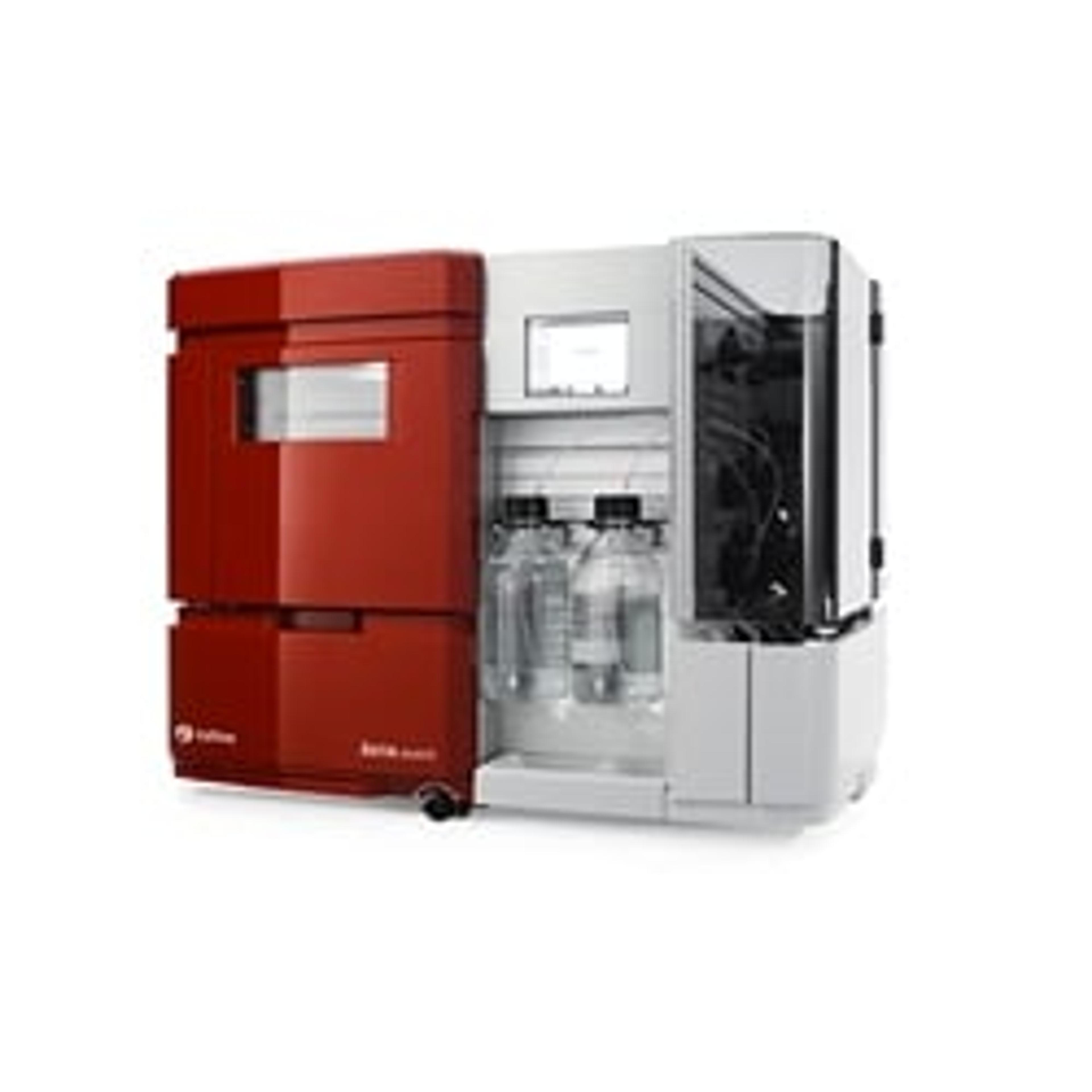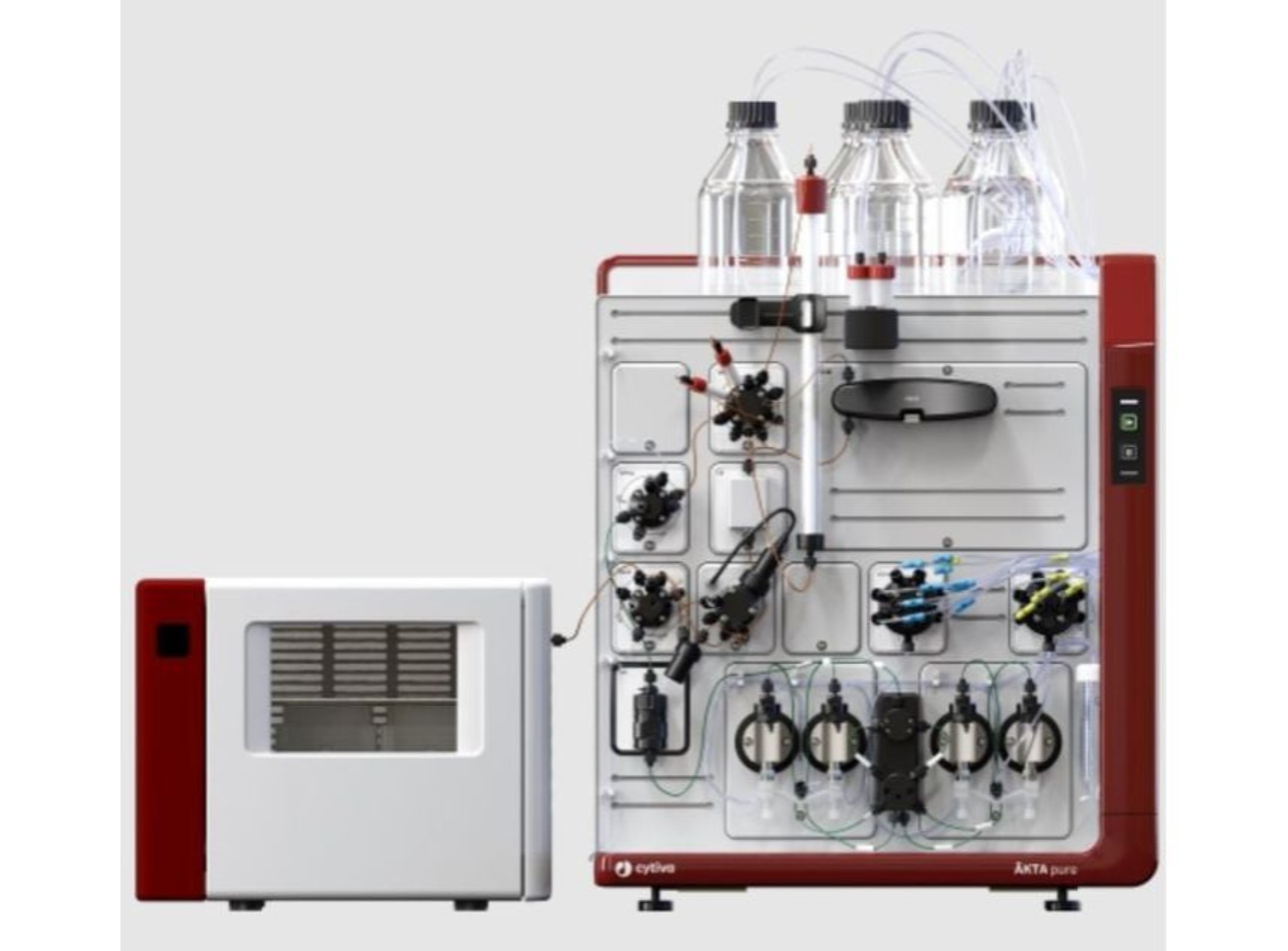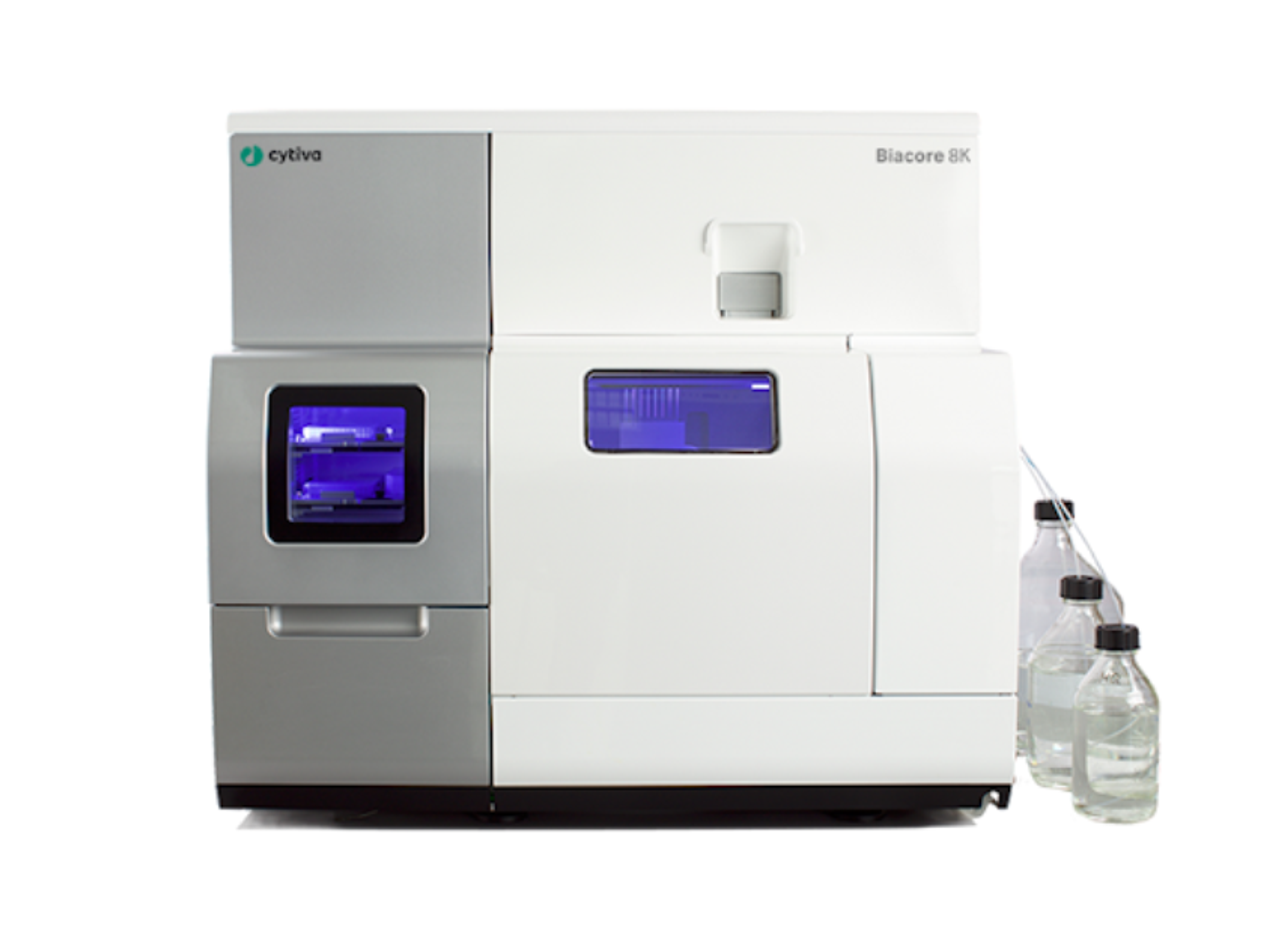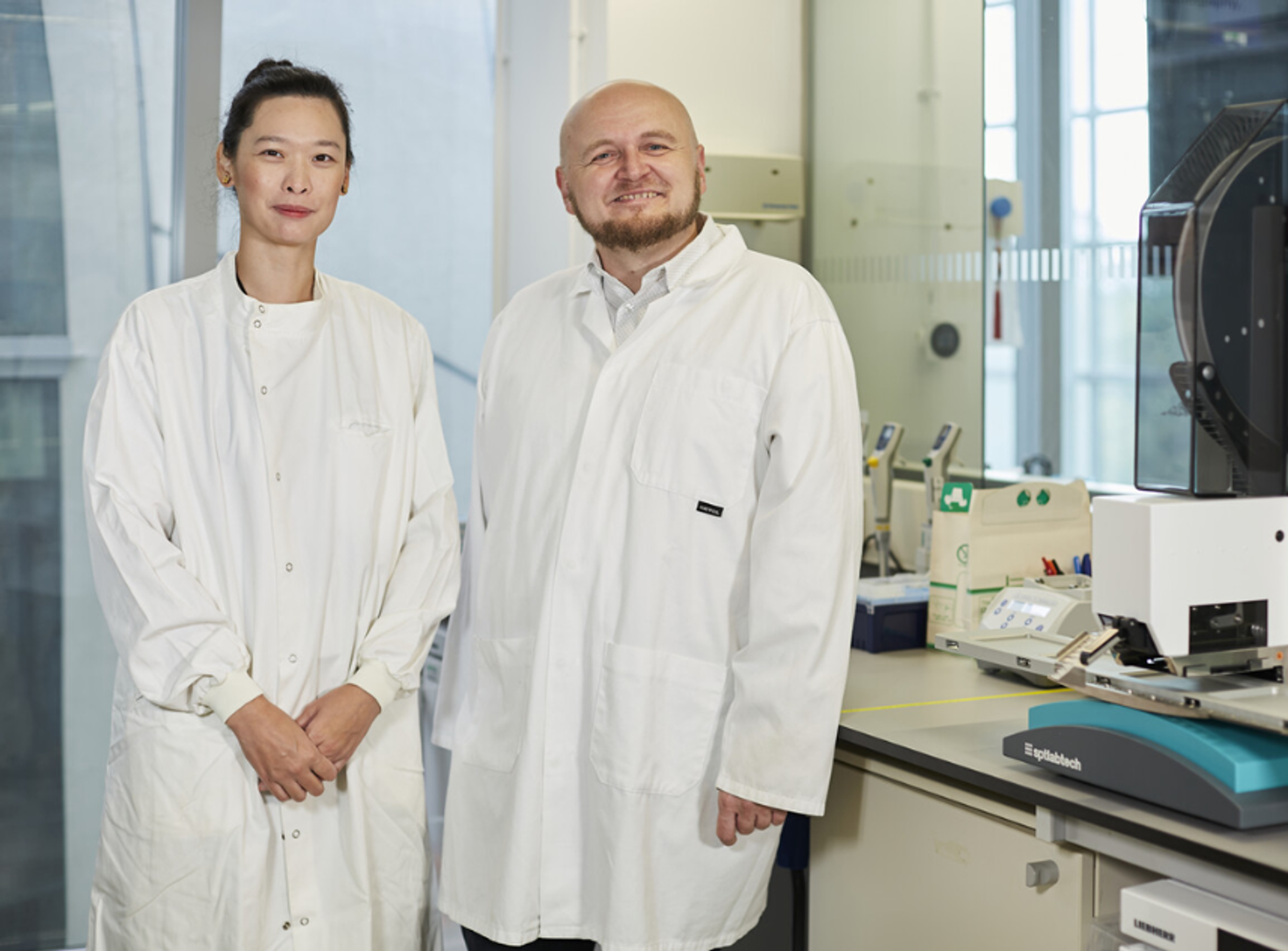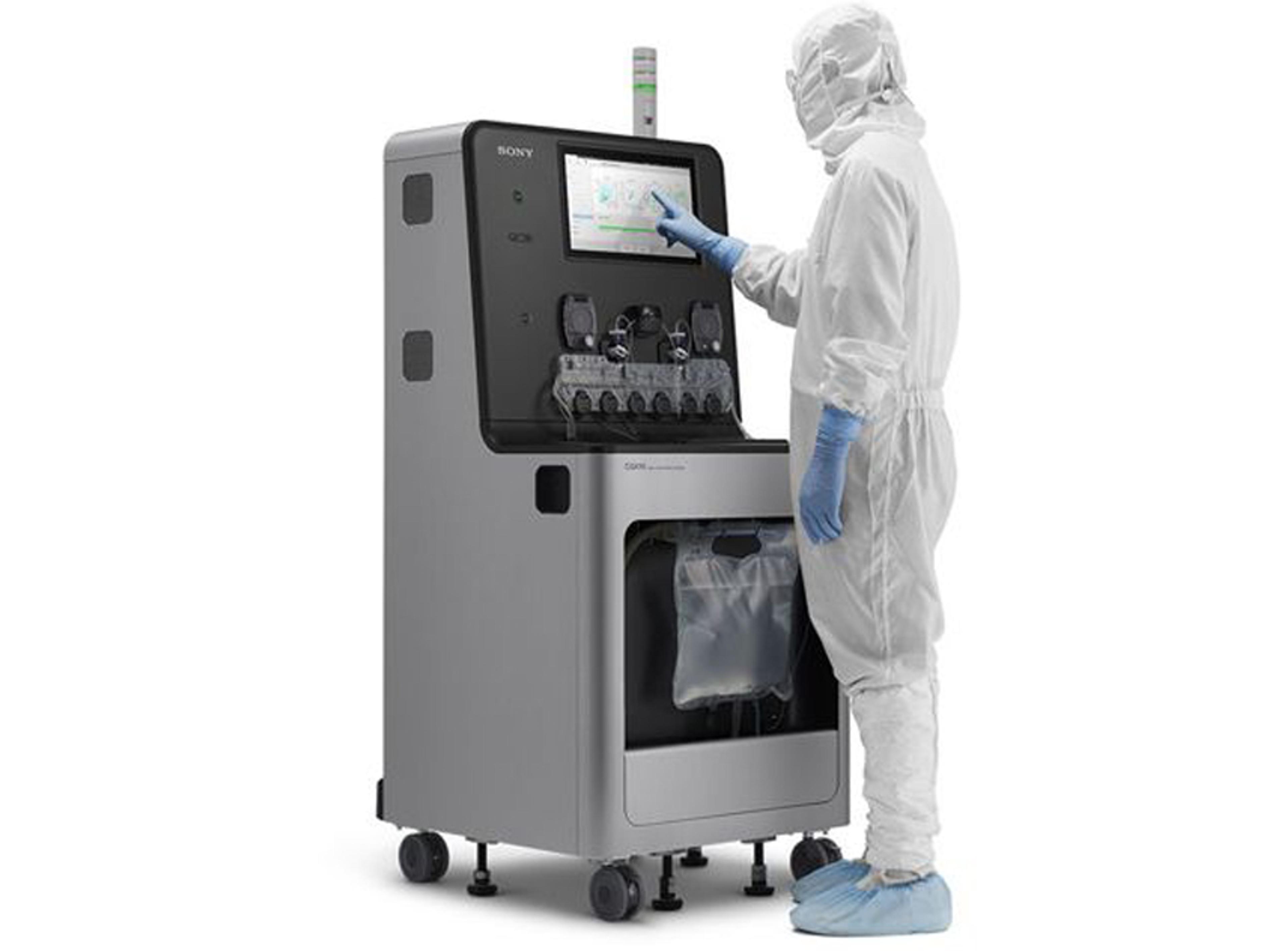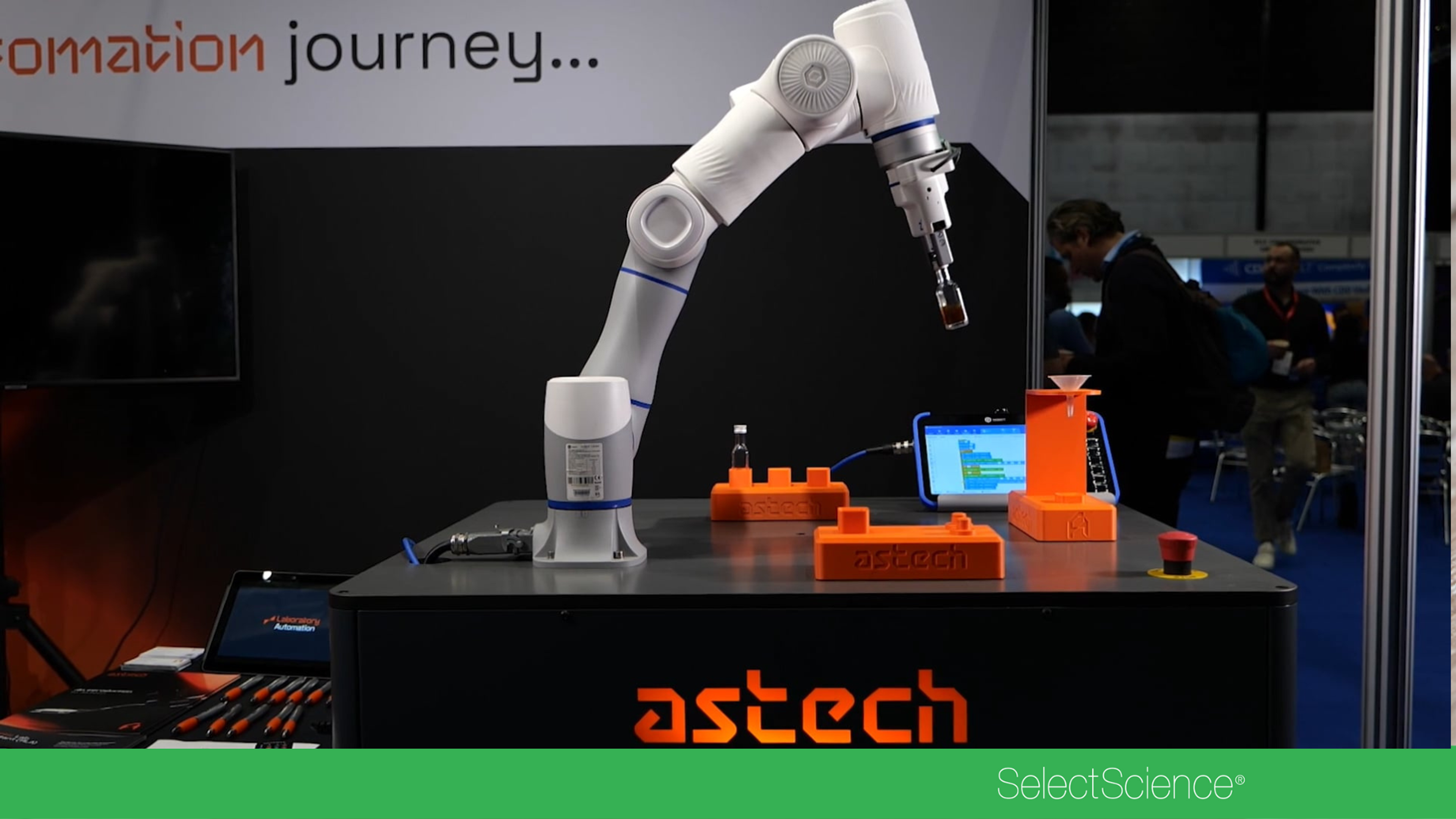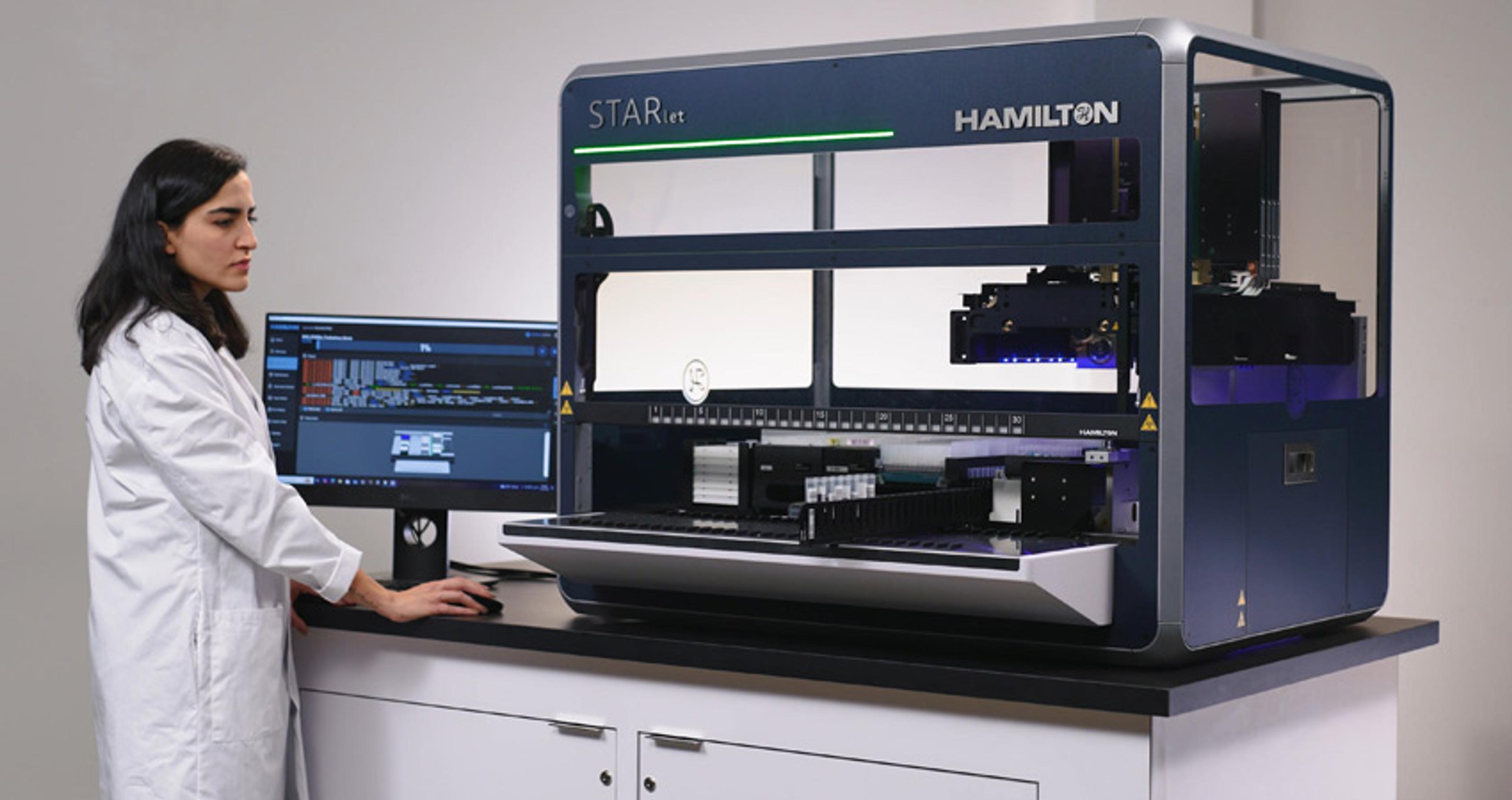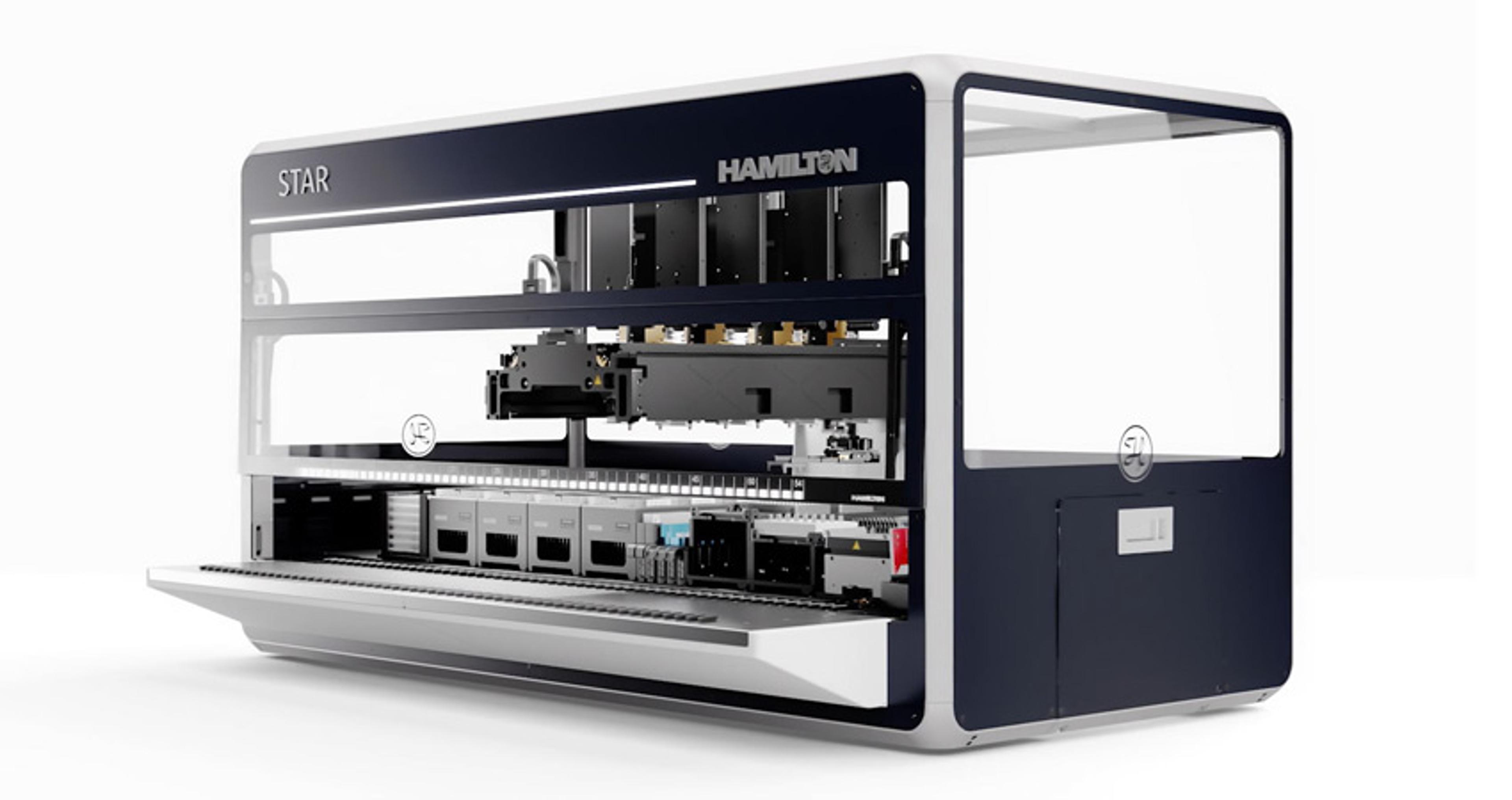
AI & Automation in Life Sciences
Find the latest research news and technological innovations in AI and automation
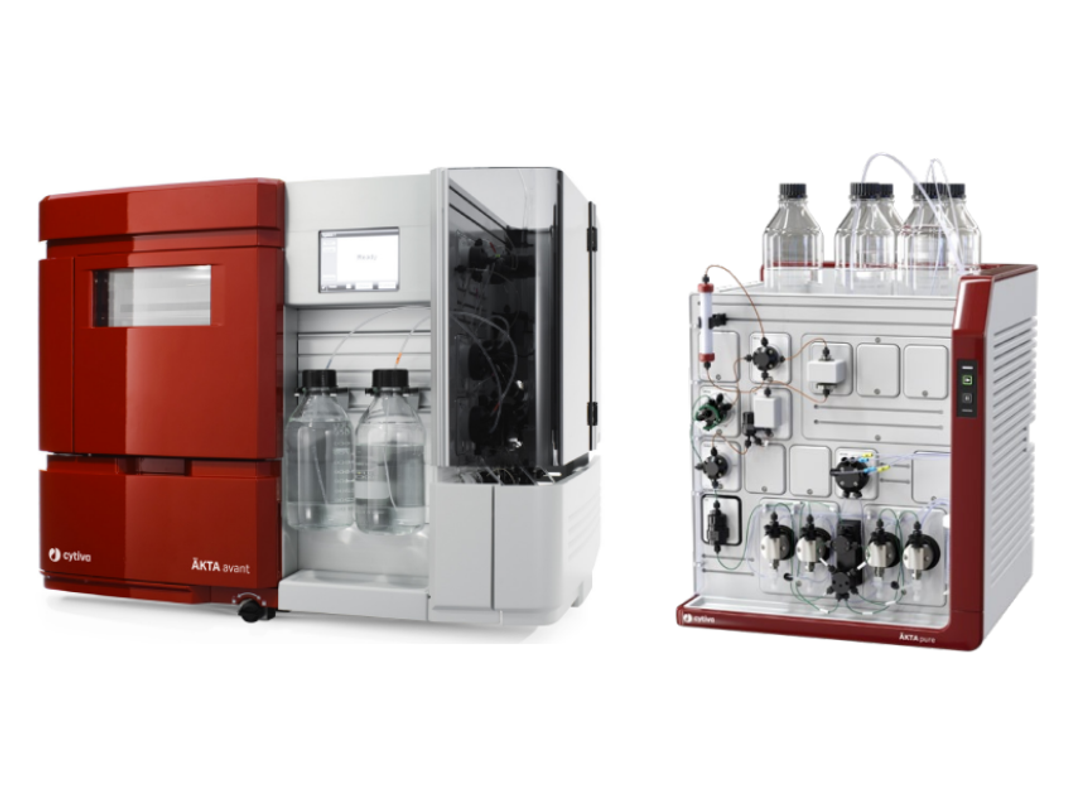
Struggling with time-consuming, error-prone purification workflows? Learn how Cytiva's ÄKTA systems are transforming protein purification with automation and customizable solutions. Whether you're handling delicate samples or scaling up for industrial production, discover how you can save time, boost reproducibility, and achieve better results.
Read articleExplore how Cytiva’s advanced automated systems and machine learning-powered analysis tools are transforming Surface Plasmon Resonance (SPR). By simplifying complex workflows and delivering real-time, label-free interaction analysis, these innovations make SPR more accessible and efficient—helping researchers uncover insights faster and drive breakthroughs in therapeutic development.
Read articleLab mistakes like misidentified or misplaced samples can waste time, money, and resources. Join Dr. Kelsey Mato from Agilent Technologies to discover an innovative technology that connects samples and software, reducing errors and streamlining workflows.
Register for webinar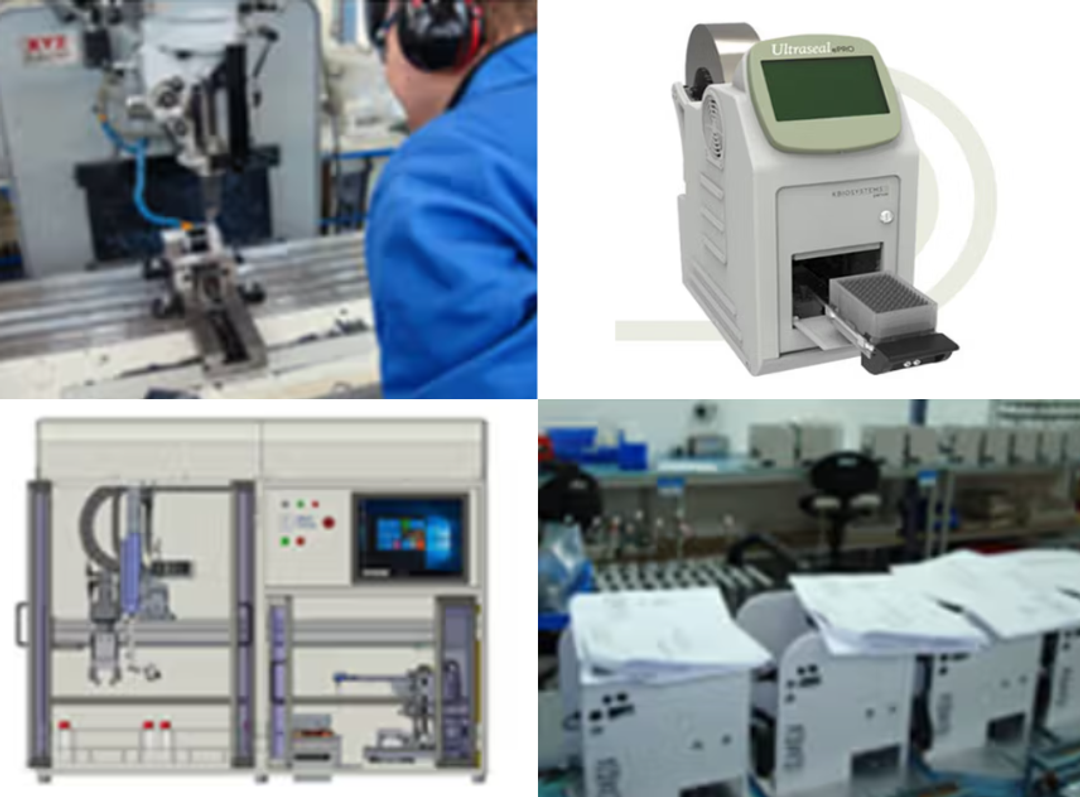
The automation revolution is already well underway in the field of life sciences, as sophisticated robots, miniaturized sample preparation methods, and AI-driven analytical tools are being increasingly integrated into both academic and industrial settings. Join Alan Shepherd, Co-Founder of Kbiosystems, as he reveals the company’s journey and how it is helping to design and equip the lab of tomorrow with custom robots, platform mods, off-the-shelf solutions, and more.
Read article
